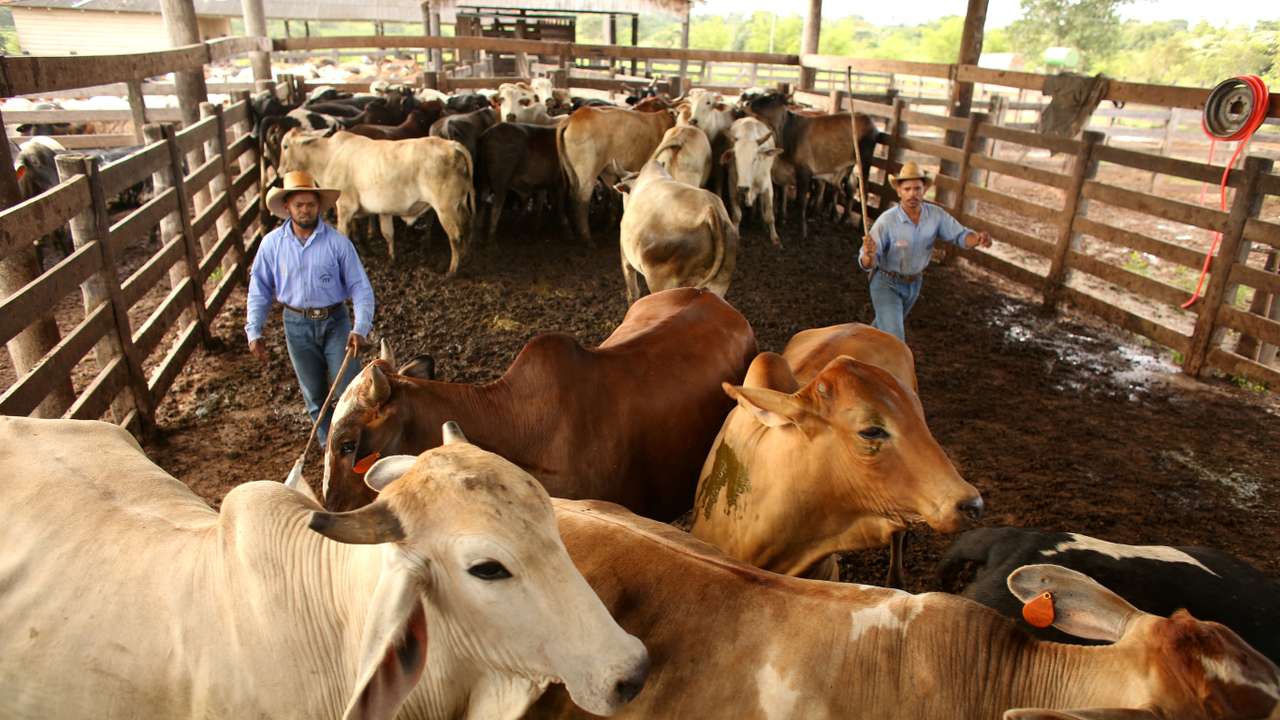Why the U.S. wants to suspend beef imports from Brazil

The U.S. beef industry is escalating pressure on the federal government to suspend imports of Brazilian beef, warning that existing tariffs and trade restrictions are not enough to address what it calls unfair competition from South America’s largest exporter.
The National Cattlemen’s Beef Association (NCBA), which represents ranchers across the United States, said this week that Brazil’s production practices give it an advantage that undercuts American producers.
The group argues that Brazilian exporters have the capacity to absorb higher tariffs without changing their approach, leaving U.S. ranchers exposed to continued market disruptions.
“Simply raising fees won’t level the playing field,” the NCBA said in a statement. “The only effective measure is a suspension of Brazilian imports until we can ensure transparency, safety, and fairness in trade.”
The call comes against the backdrop of longstanding tensions over food safety and inspection standards. Critics of Brazilian beef point to past concerns over delayed reporting of animal health issues and allegations of weaker sanitary protocols compared to U.S. regulations. Brazil, for its part, insists that its beef meets international standards and that its industry is critical to global food security.
Brazil is the world’s largest beef exporter, supplying markets from China to the Middle East, while also shipping significant volumes to the United States. Any suspension of imports could raise costs for American consumers, but ranchers believe it would help stabilise domestic prices and protect smaller producers.
Trade analysts note that the dispute reflects a broader trend of U.S. agricultural groups pressing for tighter controls on imports amid concerns about global competition. The Biden administration has not yet responded to the NCBA’s latest demands. Still, officials are under pressure to weigh the interests of producers against the risk of higher beef prices for consumers.
For now, the industry’s lobbying campaign adds fresh strain to agricultural relations between the two countries, at a time when Brazil’s food exports are under closer international scrutiny.
This story is written and edited by the Global South World team, you can contact us here.